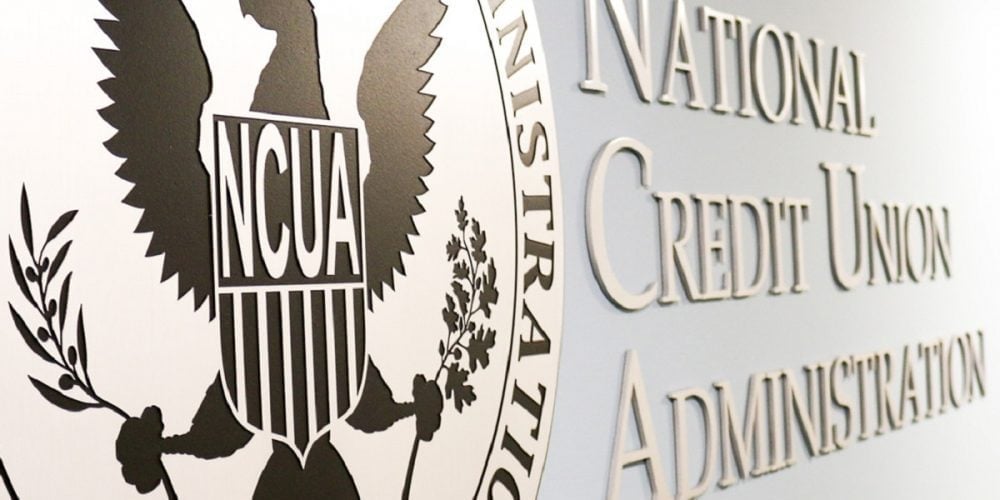By now you’ve probably read Aaron Klein’s July 10 opinion piece in American Banker, which asserted the usual banker narrative that credit unions must remain governed by the antiquated 1930s version of the Federal Credit Union Act. Like the artificial reality described in the sci-fi cult classic The Matrix, this mind bend serves bankers’ interests instead of the interests of consumers.
In particular, Klein’s target – NCUA Chairman Mark McWatters’ Senate hearing testimony that dare suggests the FCUA should be modernized to reflect how common bonds work in today’s society – is one that caught my attention because I’ve been writing about it for years.
CUNA CEO Jim Nussle penned a great response that took an appropriate trade association position, that field of membership reform is required if credit unions are to grow, thrive and effectively serve members. The fact that the NCUA is also lobbying for FOM modernization underscores the urgency of the issue, because we’re not just talking about growth for growth’s sake; operating in a 1930s construct has produced safety and soundness concerns.
An American Banker reader mocked FOM reform, suggesting that anyone who breathes air should have a right to join a credit union.
You’re damn right they should.
Let’s forget the FCUA’s current language for a moment and think more broadly about the cooperative structure, which has existed throughout recorded history, and probably even predates it. Organizing for mutual benefit, cooperation, can be found throughout our natural world.
Credit unions should be more than just financial services for those whom banks don’t want to serve. The right to control your money is a human right.
Read that again: The right to control your money is a human right.
Nobody, regardless of income, should be required to give their money to a bank that exists to generate profits for the wealthy. You don’t have to provide REI with a tax return to show proof of modest means when buying a tent. Grocery cooperatives don’t require members to be card-carrying hippies.
Why are credit unions held to a different standard?
Perhaps I’m in the throes of a midlife crisis, but I’ve spent a lot of time lately reflecting on the rules that define my reality. I’ve wasted too many years doing what other people think I should do, rather than what makes me happy and allows me to live my full potential.
Likewise, credit unions allow banks to define our reality. We spend too much time playing defense, worrying about asking for too much for fear the mean bankers will sue or convince Congress to take away our tax exemption.
The banker matrix requires credit unions to abide by stricter rules than other cooperatives. But it’s much larger than that. Everyone, including consumers, accepts that bank accounts are a necessary evil.
The truth is, they’re not. The need for banks is only an illusion, and the bankers know it. That’s why they fight so hard to prevent even the teeniest, tiniest speck of progress for fear we’ll gain the confidence to point out the emperor wears no clothes.
Credit unions need to take the red pill and stop living in the banker matrix. We need to assert the truth that consumers have the right to control their money and deserve a law that supports that human right.
If we truly live by the cooperative principles, rather than structuring our belief system according to the banker Matrix, we can build a new financial reality for consumers. It’s possible because it would be based upon truth, not an illusion.
Remember what Neo learned while waiting to see the Oracle: The secret to bending the spoon is to understand that there is no spoon.
The only thing stopping us is our own minds.







